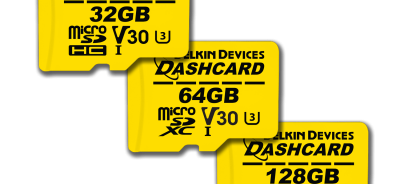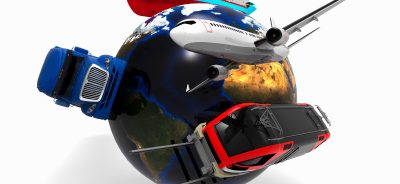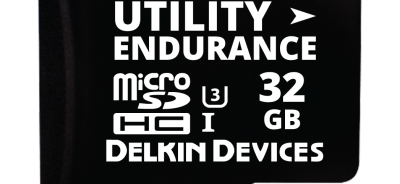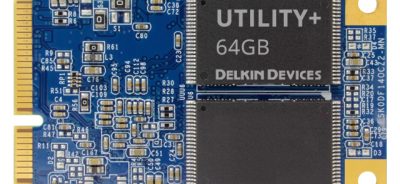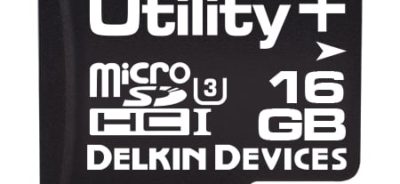Technical Success Story: Overcoming Failures with Rugged Environmental Requirement Testing
Dashboard cameras are a common feature in fleet vehicles these days. Everything from big rigs to police cruisers may be equipped with dashboard cameras in order to promote safer driving. Dashboard cameras also play a role in minimizing insurance disputes, as they are capable of clearly and indisputably pinpointing the cause of accidents. Yet, these portable devices are only helpful if they can function properly in rugged and extreme conditions. Here is a look at how Delkin’s team of flash storage specialists helped a dashboard camera manufacturer solve persistent malfunctions.
A Look at the CF Card Failure
The company began to receive reports of failures of their dashboard cameras in the field. There was the suspicion that the Compact Flash (CF) card was the source of the problem, but the company’s technicians were unable to determine what was happening. The company first went to their CF card supplier, who was also unable to figure out what was going wrong. The company decided to turn to Delkin for assistance.
Spotlight on Delkin’s Troubleshooting Process
At Delkin, collaboration is integral to everything we do. When the dashboard camera company contacted us to troubleshoot their problem, our Technical Consultant brainstormed the issue with our Engineering team. They focused on the specific limitations of the type and brand of CF card that was being used for the dashboard cameras. After careful discussions with the manufacturer, the team determined that all of the malfunctions had occurred in environments with extreme heat. There had been zero failures in environments with either cold or moderate temperatures.
The Rugged Environmental Testing Process
The dashboard camera manufacturer had been using multi-level cell (MLC) CF cards to ensure that their customers could afford to equip entire fleets with the cameras. Our technical team took those same MLC cards to the Delkin temperature chambers for a series of rigorous tests. Using the Highly Accelerated Life Test (HALT) and the Highly Accelerated Stress Screen (HASS), it was determined that card failure occurred when the temperature climbed over 80 degrees C. These temperatures may be reached in fleet vehicles when the cameras are left to sit idle on a dashboard in the hot sun or are in other rugged conditions.
Our Solution
Although MLC cards are the preferred choice for many applications, these were not capable of withstanding the hot temperatures of a fleet dashboard. Delkin recommended the use of single-level cell (SLC) CF cards, along with either the use of a ventilated storage box or a cooling-off period prior to activation.
Selecting the appropriate industrial flash storage option is crucial for success in any industrial application. The Customer Applications team at Delkin is available to discuss your host storage requirements when you are ready to select a device, or our technical team can assist you with troubleshooting any current problems you may be experiencing. Contact us today and let us know how we can help.
ORDER DELKIN INDUSTRIAL FLASH STORAGE TODAY through our distribution partner Newark.
 Login
Login Register
Register



